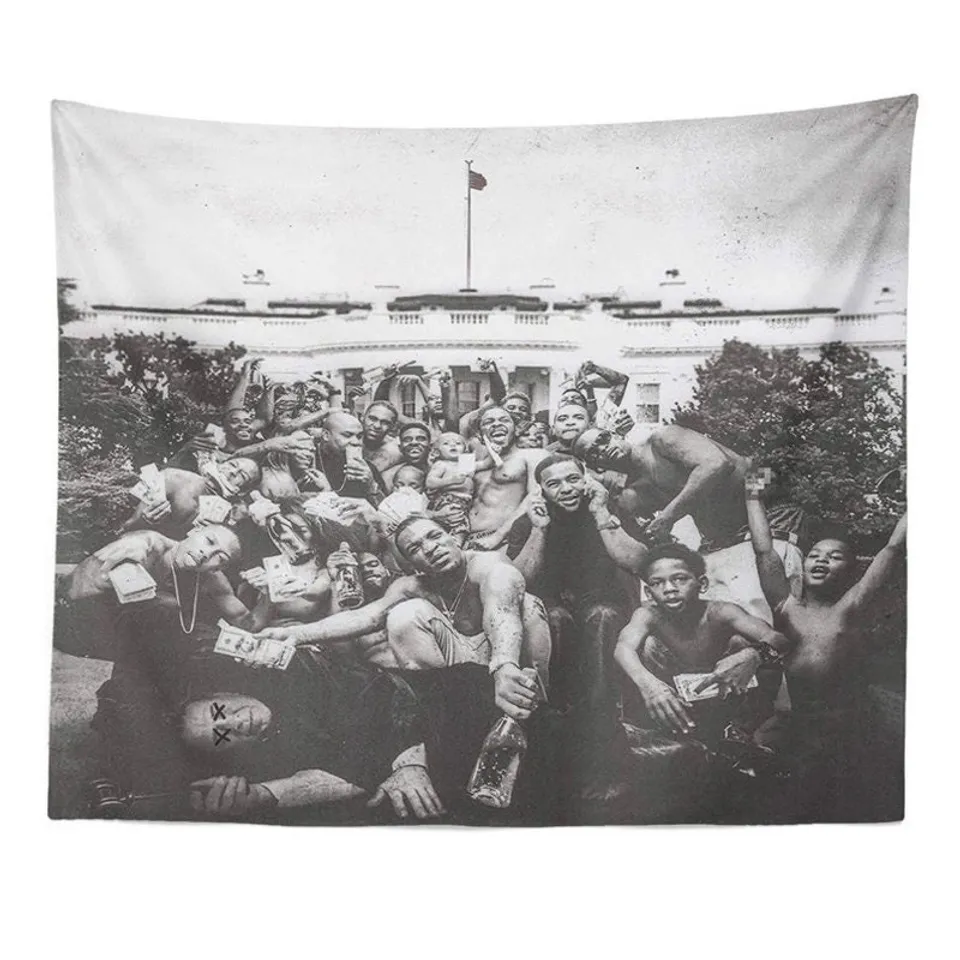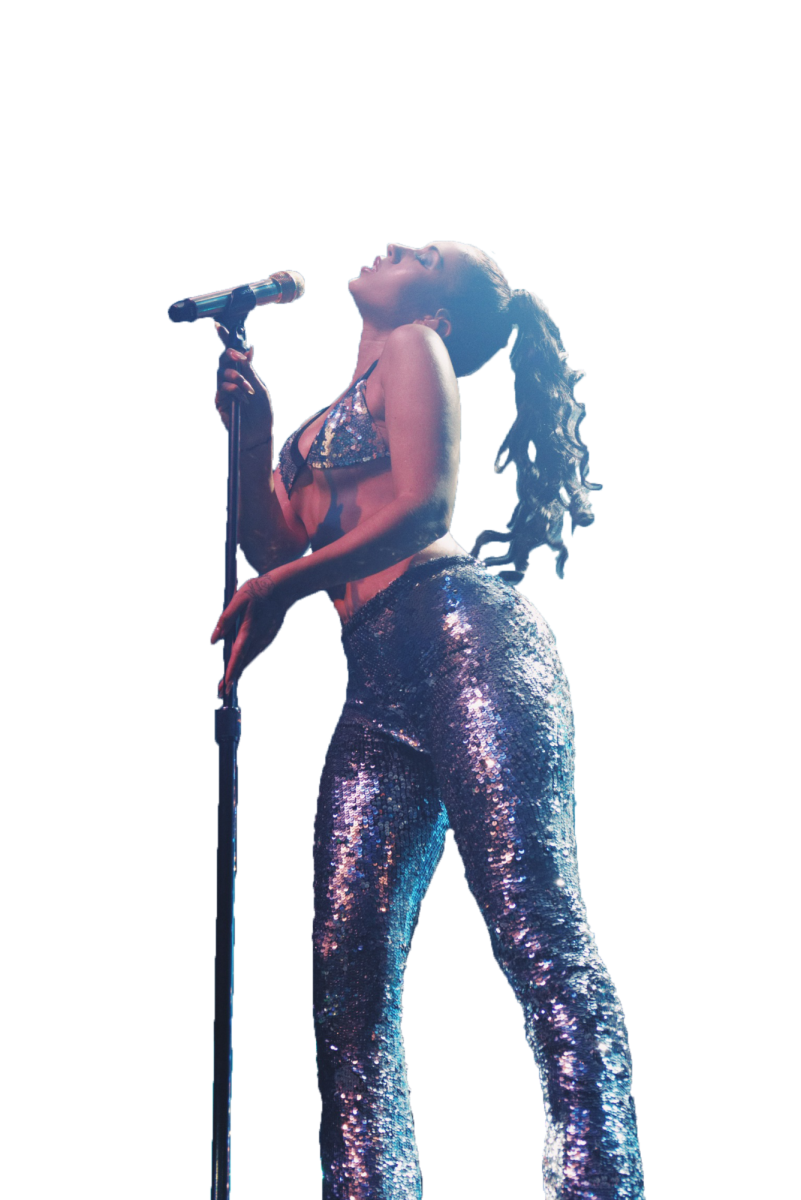The fantastical execution of Jordan Peele’s “Get Out” and Boots Riley’s “Sorry to Bother You” has revitalized the meshing of Blackness through the dreamlike sequence and “super-reality” known elusively as Afro-surrealism. This school of art and literature has begun to dominate mainstream cinema and paved the way for mystical representations of the African diaspora.
In Jordan Peele’s directorial debut, viewers watch as protagonist Chris Washington gets body-snatched by his white girlfriend’s wealthy family. “Get Out!” is the protagonist’s first warning that the world of Caucasity he’s entered is more than just eerily uncomfortable but one he needs to escape. The girlfriend’s family attempt to trick, experiment on and exploit him through hypnosis in hopes of commodifying his strong Black body. Chris gets dragged into the sunken place, a terrifying rift between the subconscious and conscious; that scene embodies the Afro-surrealist approach to cinema through horror and satire. While easy to watch, it can be difficult to understand the intersectionality of films such as Get Out. So, what truly is Afro-surrealism?
Although the term wasn’t coined until 1974 by writer Amiri Baraka, Black surrealism is far from a new way of thinking. Movements such as the Harlem Renaissance and the Negritude movement, which are both rooted in the reclamation of pre-colonial African culture, laid the groundwork for the rise of Black surrealists. Suzanne Césaire, anticolonial and feminist surrealist of the Negritude movement, asked people to embrace “the domain of the strange, the marvelous and the fantastic, a domain scorned by people of certain inclinations.”
Afro-surrealism is more than the absurdity of a post-racial society but attempts to metaphorically explain the extraordinary of the lived Black experience through art. Deconstructing Western narratives of what Blackness represents gives artists agency over systemic oppression. Surrealist artists are able to fuel chaotic, yet beautiful, expressionism through this. Afro-surrealism blurs the line between dream and reality, creating endless possibilities; this is freedom.
“Sorry To Bother You” was a directorial debut by Boots Riley that stormed box offices and participated in the resurgence of Afro-surrealism. Protagonist Cassius (Cash) Green depicts code-switching as he climbs the corporate ladder by using a white voice that’s obviously dubbed. Eventually, Cash learns the corporation he works for is mutating workers into human-horse monstrosities, commodifying them similar to “Get Out”. The bizarreness of the film pushed the boundaries of Afro-surrealism with scenes of mutant horse genitalia and Cash getting dumped in a tank of feces. The film is more than just Riley’s untamed thoughts, but a critique on social constructs which serves to educate audiences on the absurd stereotypes enforced by white viewership. Dually, the exaggeration of common practices like code switching creates a surreal experience for Black audiences who can relate to the film’s unconventional yet compelling subject matter.
Beyond cinema, we can see Afro-surrealism’s influence on literature, music and art throughout history. Personal favorites include Baquiat, who utilized an energetic style to depict the exploration of his African heritage during the expressionist movement of the 80’s. The songs and music videos of record producer Flying Lotus use dreamlike loops and abrupt instrumentation, particularly on “Never Catch Me” featuring Kendrick Lamar. In the music video a funeral procession takes place for children who leave their caskets and begin dancing as Kendrick raps about life and death. Authors like Octavia E. Butler take Afro-surrealism a step farther into Afro-futurism with fantastical speculations on the future of the Black experience through science and technology. Black creators are unapologetically dictating representation in all forms of media.
Afro-surrealism manipulates reality into the super-real and provides a medium for artists to express unfiltered Black thought with little regard for Eurocentric standards. This omnipresent force is beginning to bind the gap left behind by negative stereotypes through embracing the exquisity of the subconscious mind. Take note as it becomes more prevalent in mainstream media and consider how Afro-surrealism influences the media you consume.







